I cannot believe that having a rooster in a flock comes with several disadvantages, including loud crowing and chasing animals and owners.
The role of a rooster includes fertilizing eggs and protecting hens, but it can be a challenge in the horde.
So, inexperienced keepers need to know some cons of raising roosters on a farm or at home.
1. Aggressive Behavior
Their aggressiveness helps roosters fight the predators and save the flock.
But many times, they attack passersby, children, keepers, and other animals when they perceive a threat to their flock or territory.
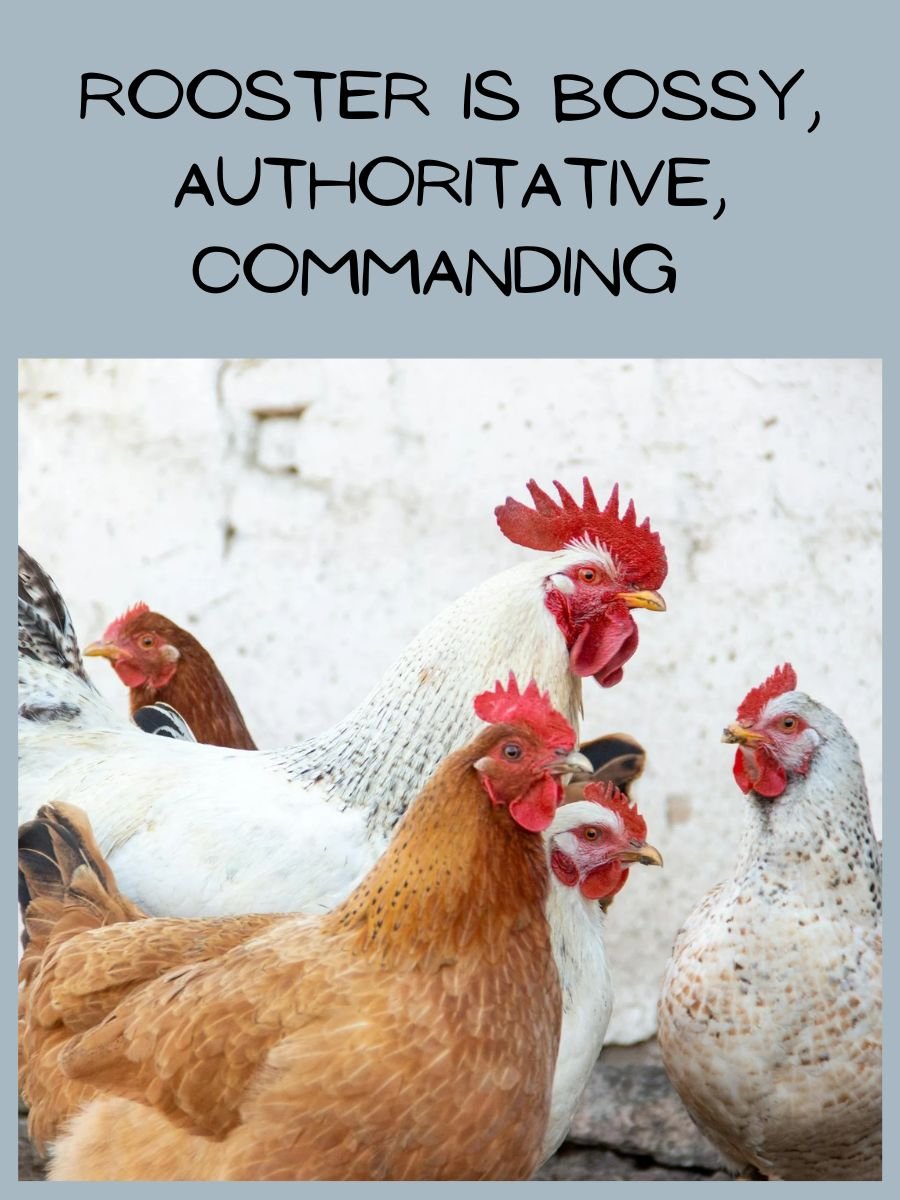
They are naturally assertive in action.
Some chicken breeds are friendly and docile like Cochins, Brahmas, Orpingtons, etc.
However, many breeds, such as Cornish, Modern Game, and Indian Game, were historically bred for fighting.
The roosters can also be aggressive when they find new people or animals around the flock feeling threatened or during mating season.
So you need to socialize your roosters with new members in the farm and treat them well with food and space.
2. Noise Issues
No one wants an alarm at 3 am, dude, yeah? That’s the problem!
People aren’t habituated to waking up early in the morning when even the sun hasn’t risen yet. Not only in the morning, but roosters crow throughout the day and sometimes at night frequently.
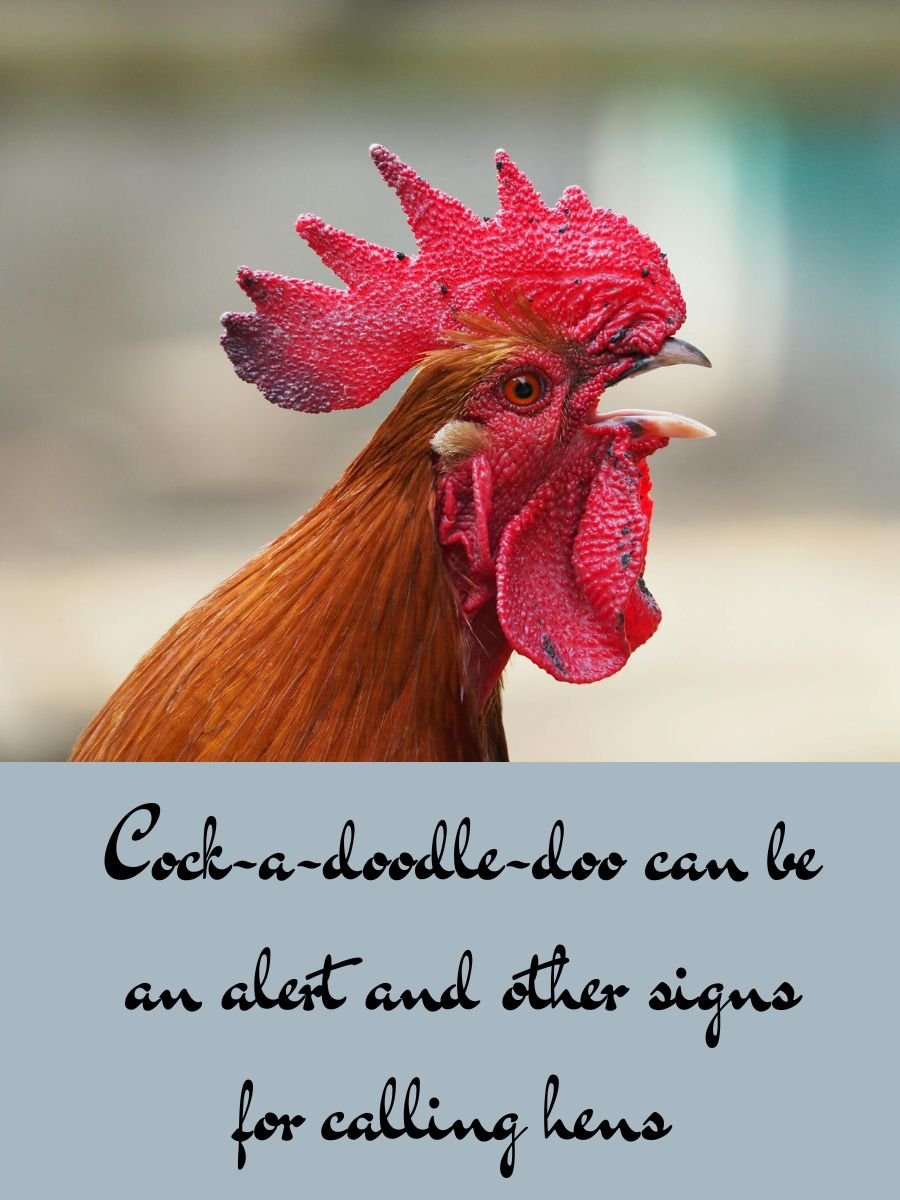
Once or twice, the crowing of a rooster sounds okay in the daytime, but constant and frequent can create disadvantages for others.
This can disturb residential areas, especially in suburban or urban settings.
Your neighbors run down to complain about you. So be careful. That’s okay if you’re living in the rural region or your home is far enough not to echo the barn to the next house.
3. Overbreeding Hens
Cockerels are more fertile than older roosters, so many hatcheries don’t keep breeding birds for more than one laying season with them.
Also, it is recommended to place young roosters in the flock of older hens to increase the chances of breeding.
But, too many roosters in the flock can become overzealous in mating and cause stress or injuries to hens. Roosters can have their favorite hens. This causes them to overbreed the flock and make hens lose feathers.
Besides, they also induce injuries to the backs of hens during mating.
However, mating dance allows flocks to learn about the correct position for mating. The rooster that doesn’t dance is considered bad. Young roosters often dance less, but the ones that don’t dance at all can cause harm to hens.
So, make a healthy ratio of roosters and hens. Hen saddles or chicken aprons can also be the solution.
4. Legal and Zoning Restrictions
There can be potential legal restrictions regarding keeping pets or animals in the locality or the state.
First, you need to check if your state has any laws about keeping chickens. Many states have delegated this to individual municipalities.
After confirming the steps to proceed with the state level, you need to contact the zoning office if you live in the city area.
You may also verify before keeping chickens if your local area is subject to homeowner associations (HOA).
Also, it is your courtesy to ask your neighbors if you can raise roosters.
5. Risk to Other Animals
Their aggression knows no limit to animals, whether it is four legs or two legs.
Whenever roosters feel threatened by someone or one trying to invade their territory, they cannot help but attack animals from smaller to giant breeds.
They can jump on a duel with hawks, coyotes, raccoons, and dogs.
It is good for farm animals to prevent predators. But roosters don’t space even the pets and livestock in the same backyard.
They can seriously harm the small chicks if you raise them in free range and do not monitor them.
6. Increased Feed Costs
It is common knowledge that roosters eat food but don’t lay eggs. That’s one of the rooster disadvantages.
They don’t give you harvest when alive. Meat is the only yield that you get from them, so resources are heavily invested.
Those forcing on egg production need to consider their budget for the extra feeding. This can affect small-scale or hobby farms.
The cost will increase if you buy cockerel roosters, unlike chicks.
However, you don’t mind budgeting and feeding costs if you are a rooster enthusiast.
7. Bachelor Flock Problem
Bachelor flock refers to a group of several roosters in the flock without a hen.
They are raised for particular purposes, including rescue, decoration, and profit. It is good to keep the roosters of the same breed, but there is a high chance that they will fight with each other.
Even Rhode Island Red roosters cannot co-exist in the group of their own breed.
Too many boys mean a loudspeaker in the backyard.
They may be good for only large-scale poultry farms, not for small homesteads or homeowners.
8. Increased Risk of Injuries to Keepers
You must have seen some roosters chasing children or adults. This might seem funny, but it can pose a threat to them as well.
One of our roosters was so assertive and aggressive that it wounded my mom’s two fingers when feeding. He pecked, jumping about 2 feet in the air.
She is the one who takes care of chickens most of the time.
These male chickens have sharp or piercing beaks and spurs that can cause physical harm. They mostly injure inexperienced keepers.
So, you need to curve this behavior early when raising chicks. Holding chickens daily, talking to them, and providing them with treats can work for you.
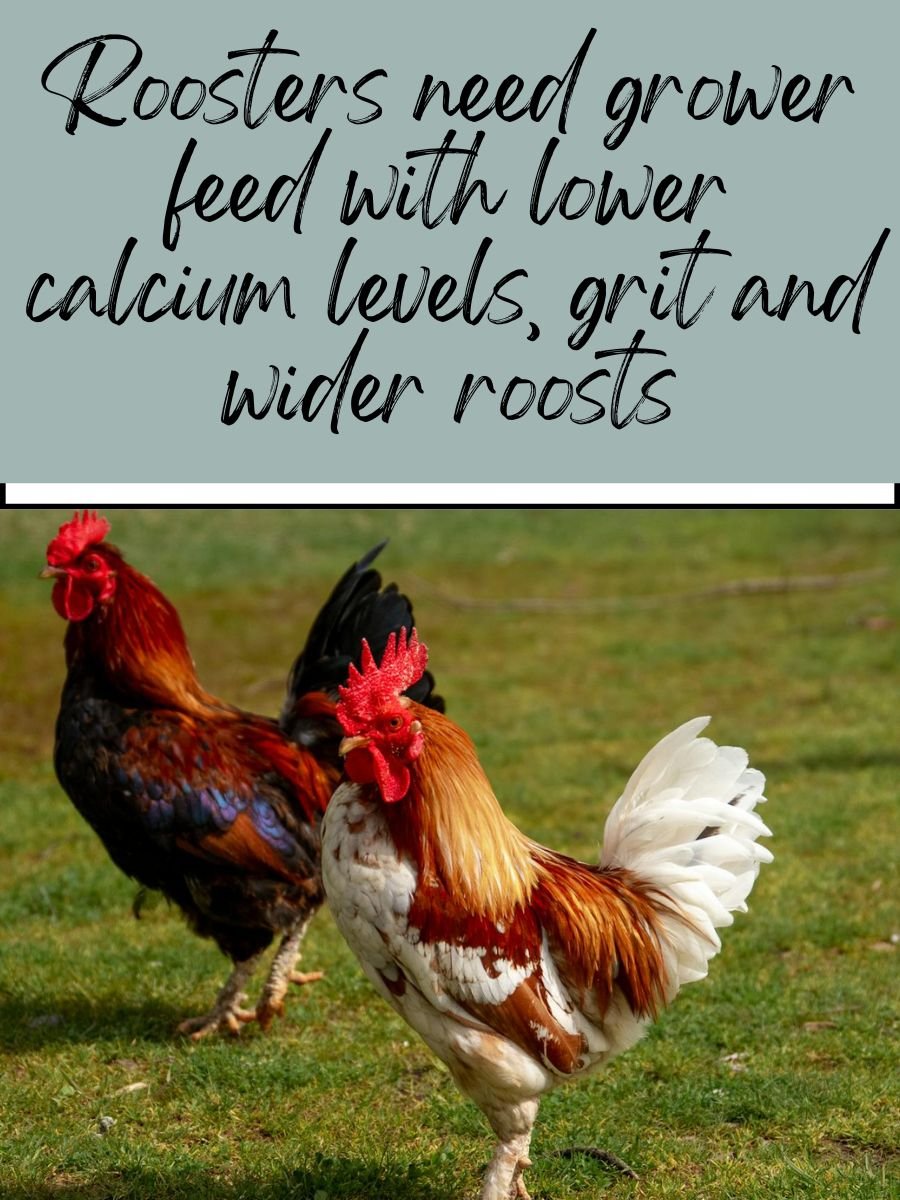
This helps growers win the trust of roosters.
It’s on you how often you monitor your chickens. Also, you can consult the other owners of the roosters to control the behavior.
I often request my friends not to let your rooster mount you. If done the opposite, they will measure you and fly your head, back, and shoulders.
They do it to maintain dominance over you.
9. Dominance Conflicts with Other Roosters
Multiple roosters in a flock means competition.
Roosters are naturally authoritative and want to dominate the whole flock. When they see someone similar in the group, they start fighting and end up causing injuries and stress.
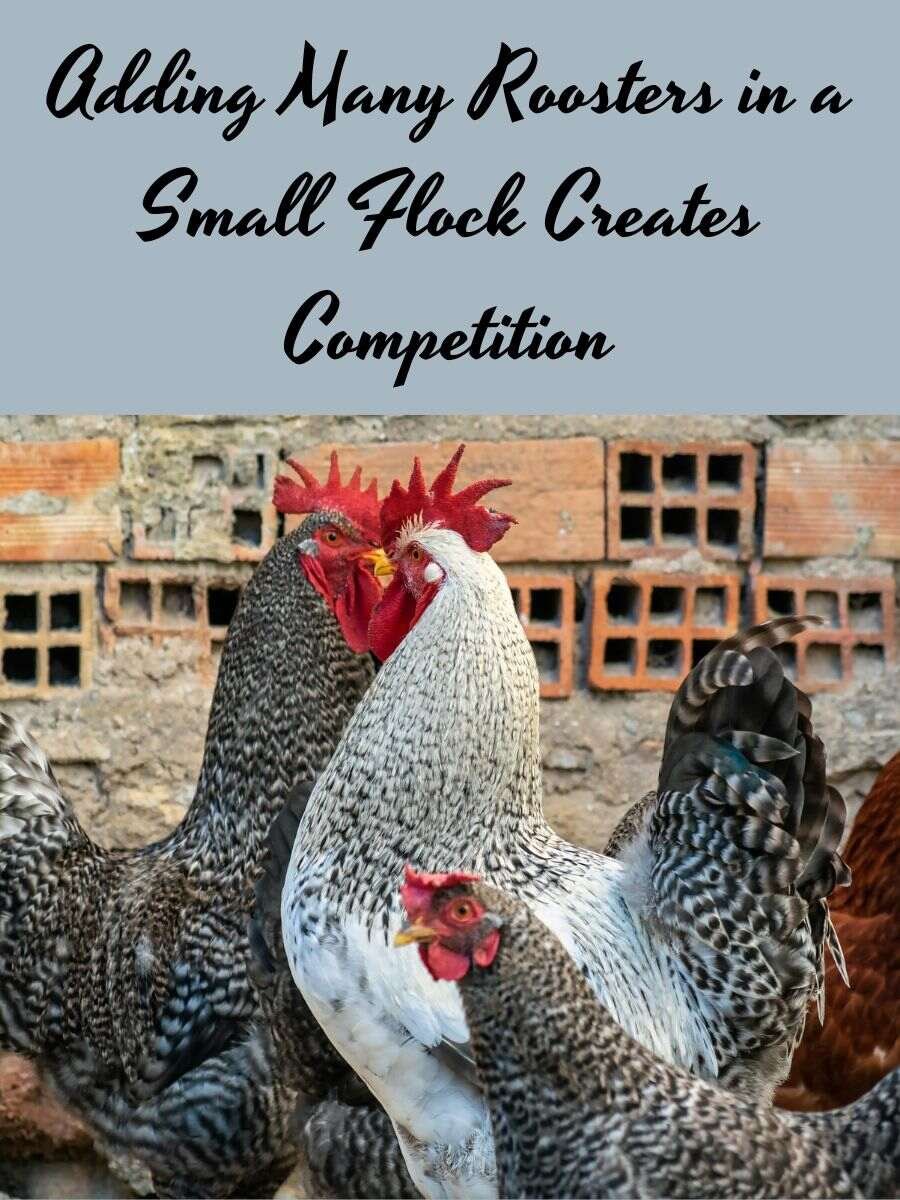
You can prevent it by adding more hens to the flock.
Generally, each rooster needs at least 5-6 hens and 10-12 at max.
Also, provide plenty of space for them to claim their territory or free-range their flock. This helps your roosters avoid facing and clashing with each other.
It is also wise to raise roosters with hens in the flock from a young age.
This is more likely to increase for them to co-exist together as adults.
10. Stress on the Flock
Though there are several benefits of having a rooster with laying hens, an unbalanced ratio always creates chaos and disadvantages.
The favoritism of the dominant rooster to layers, hens often hide from them. Also, some hens aren’t even bred for a long time.
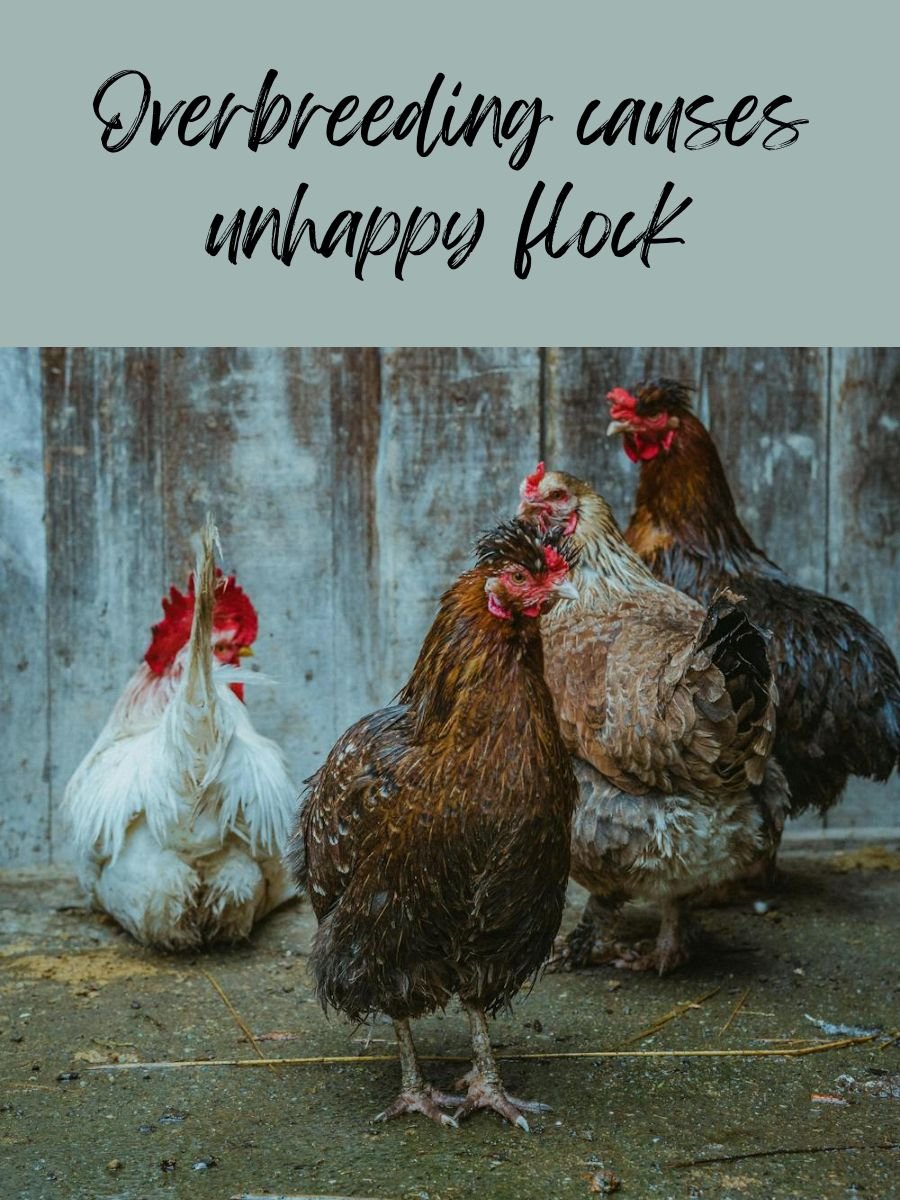
This can reduce the egg production. Their bossy nature creates a power struggle among chickens, enforcing the stress on the entire flock.
So you need to prevent small animals and children from going near the roosters.
Final Thoughts
I know many of you are disappointed with some disadvantages of keeping a rooster, but each problem has its solution.
Hens are an alternative to keeping roosters if you live in urban areas. This helps avoid rooster’s crowing and dominance over the flock.
As an owner, you can decide the type of flock based on your needs.


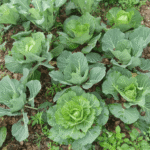
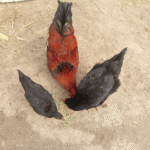
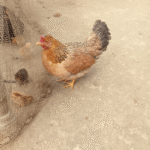

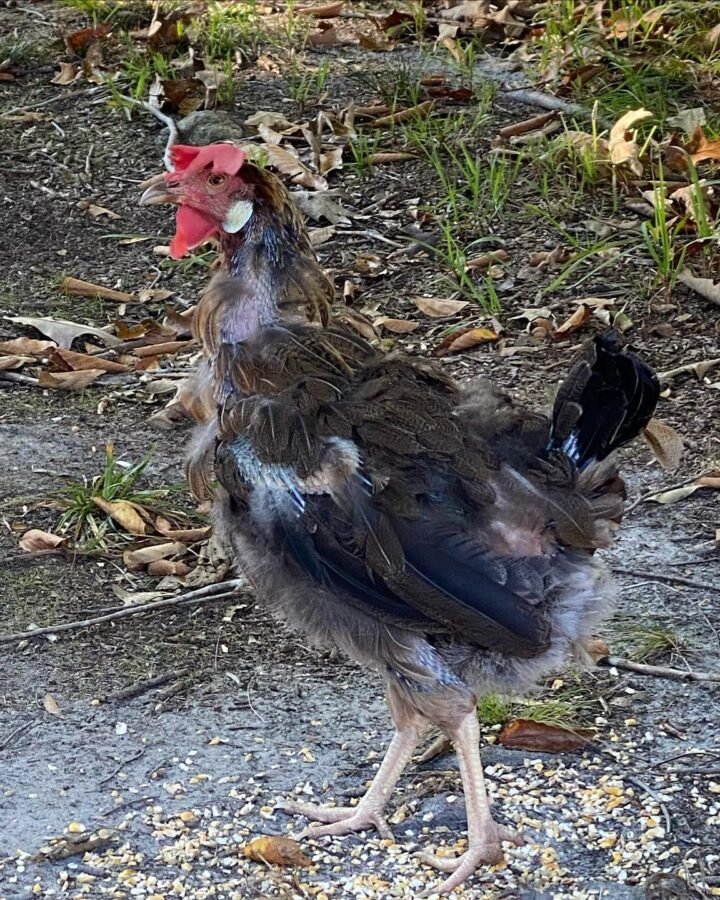
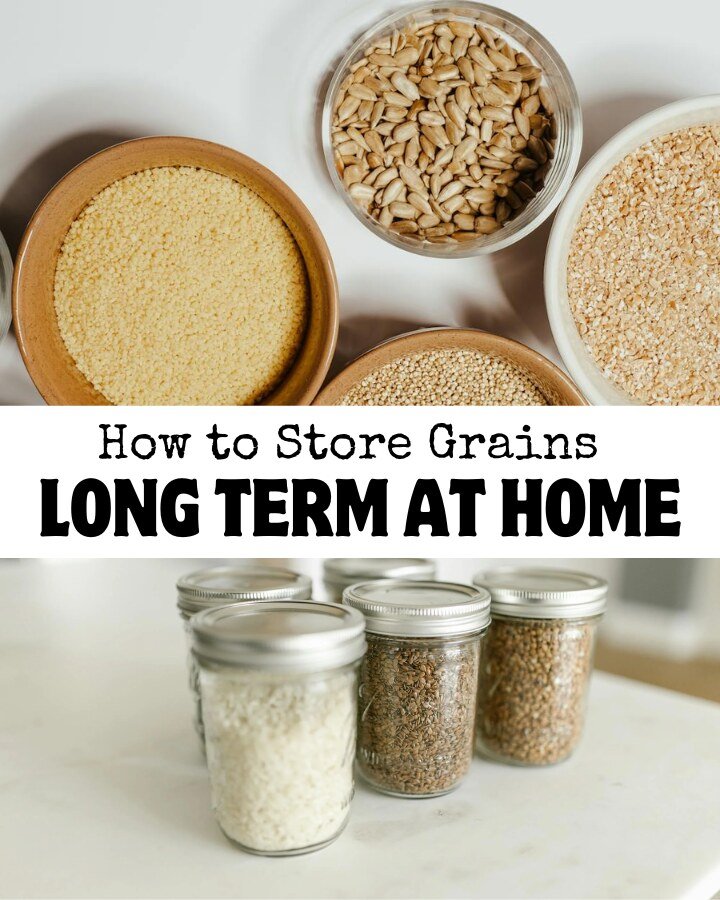
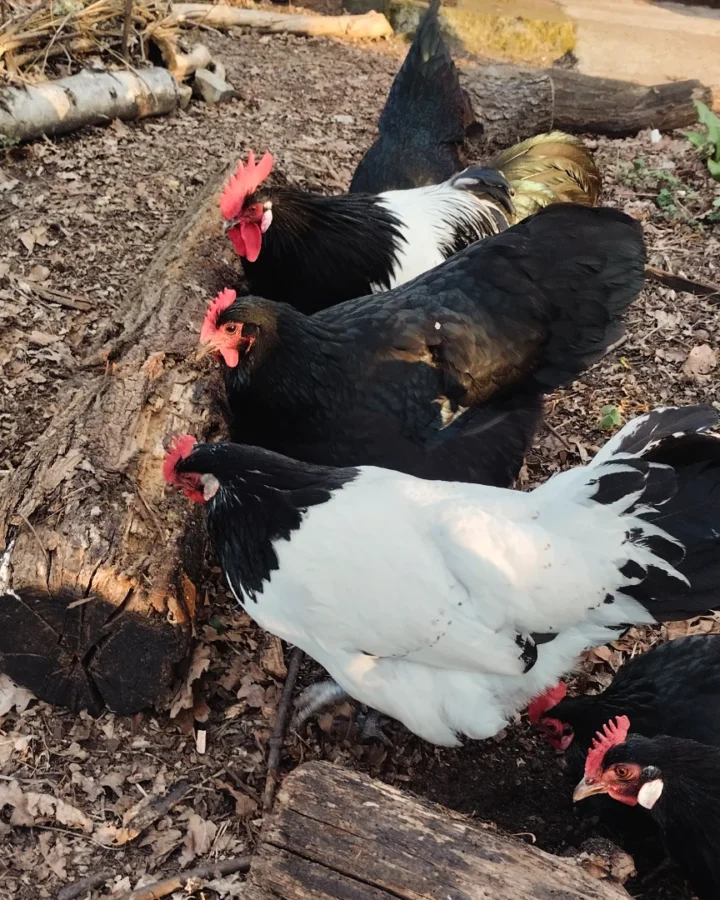

Leave a Reply